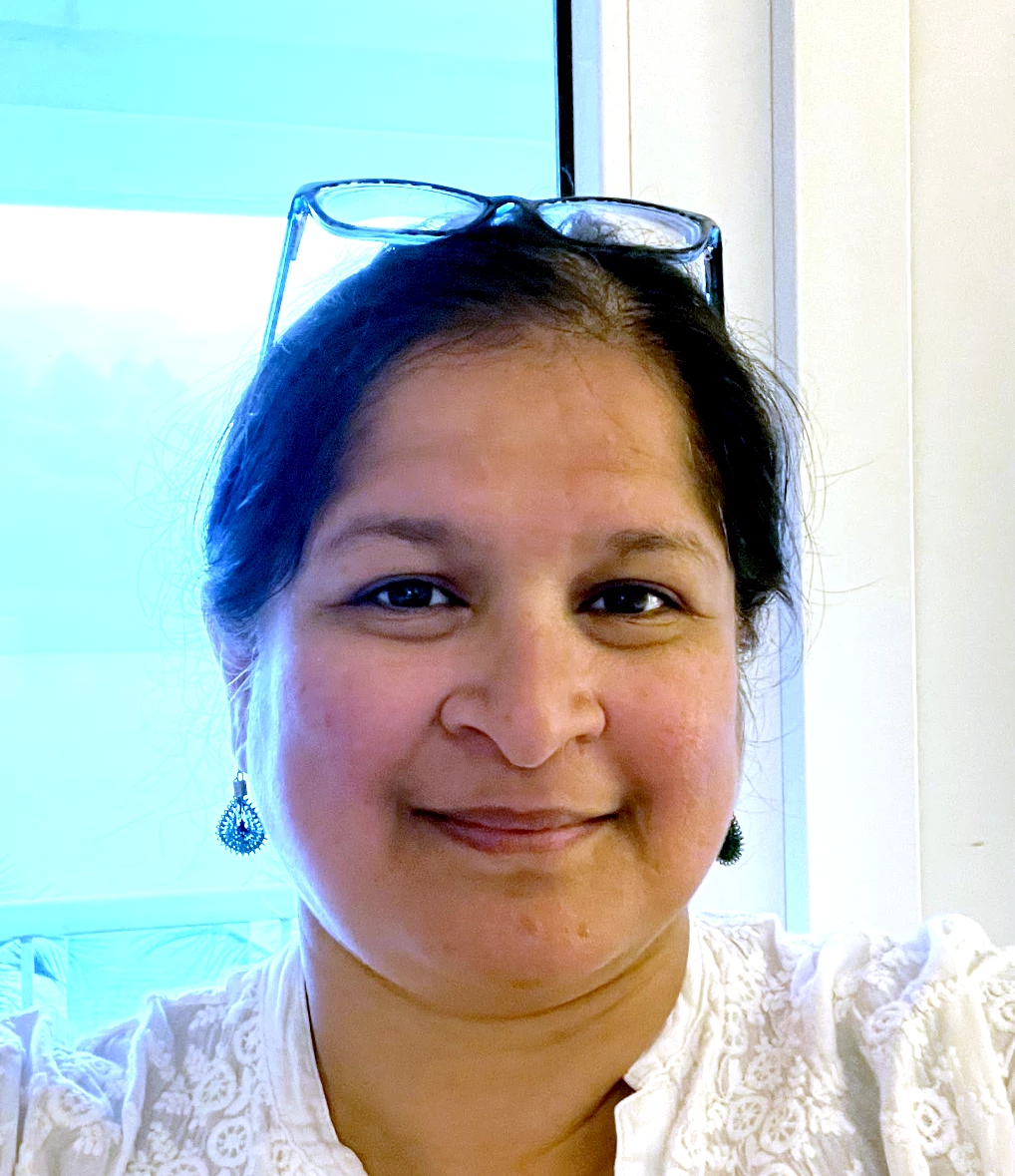Ray Chambers, the UN Secretary General’s Special Envoy for Malaria, was here today to thank President Zoellick for $200 million to fund bed nets that will help prevent malaria in Africa. Chambers, who wants to bring a swift end to what he calls “the genocide of apathy,” conveyed a sense of great urgency as he described the UN’s sweeping campaign with 50 celebrities on Twitter—from Ashton Kutcher to Bill Gates. Through them, and through millions of tweets and re-tweets, money is being raised to ensure that all vulnerable people have bed nets by the end of the year. Yes, that’s this year.
As African governments look for ways to help the poorest people in the wake of the food, fuel, and financial crises, I think this was a very good moment for President Zoellick and Africa Vice President Oby Ezekwesili to note that anti-malaria efforts are relatively straightforward, with high returns on investment. The Bank’s effort to help close the gap—by funding 25 million of the 50 million remaining nets needed—is a timely one. It will cover seven countries—the Democratic Republic of Congo (DRC), Ethiopia, Ghana, Kenya, Mozambique, Sierra Leone and Zambia—among the 31 hardest hit by malaria.
“This was a highlight of my trip to Washington this spring,” said Uhuru Kenyatta, Kenya’s Finance Minister, “It is a key step to restore dignity to so many African men, women, and children.” Kenyatta called for a concerted effort by African governments to make sure that funds are used as intended and to scale up their own malaria funding. Finance Minister Mapon of the DRC spoke of great successes against malaria in his country, but noted that the “need remains sizeable.” And Zambia’s Minister Musokotwane echoed this conclusion, calling malaria “an obstacle to development.”

Despite having attended several events a day during this year’s Meetings, this one left a strong impression on me because I can still remember how terrible it was when I had malaria as a child. I was also quite moved by Chambers saying that the Bank “was not a cold institution, but truly the people’s bank.” I have to admit this remark put just a little more spring in my step as I left the 13th floor of our headquarters and headed back to the Bank’s Africa Human Development department where I work.
Back in my office, I asked Anne Maryse Pierre-Louis, who heads our Disease Control Program for Africa, what made her commit so much of her life to malaria. “You know, it’s because this is a disease that kids should not be dying from,” she said emphatically, “it’s preventable and treatable and there’s just no excuse for standing by and watching parents lose their children to it.”
I’m sure my mother would agree.
More information:


Join the Conversation